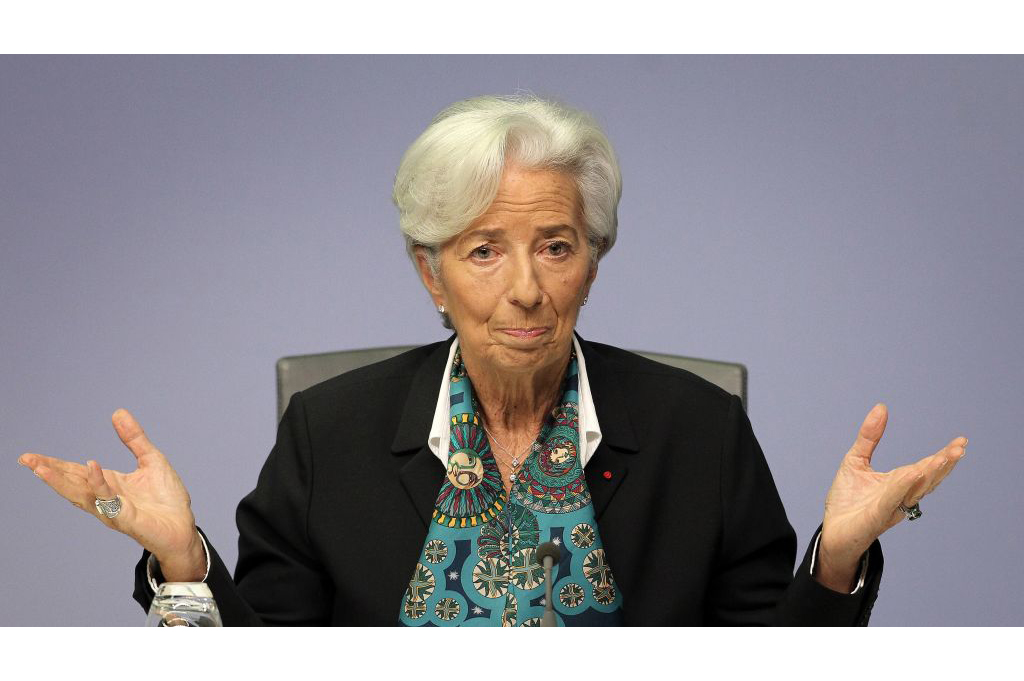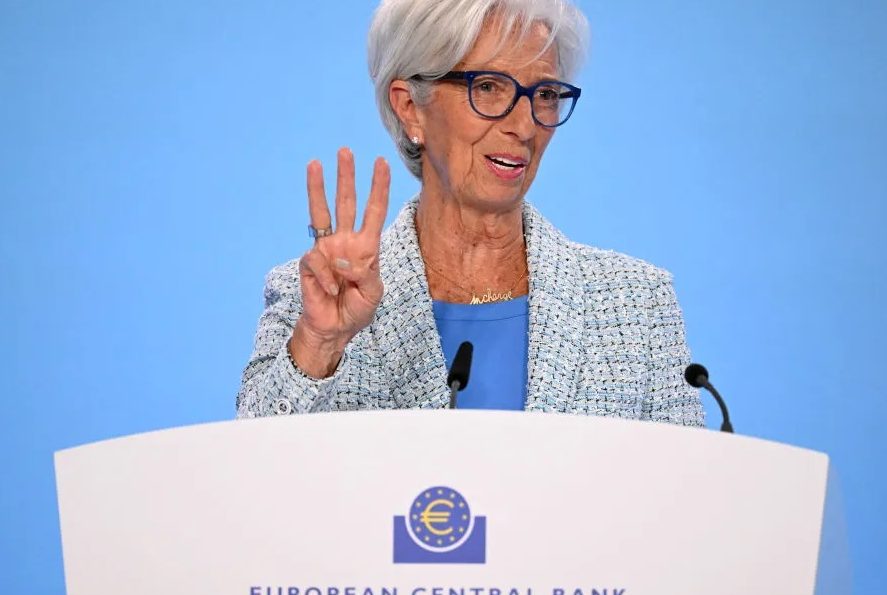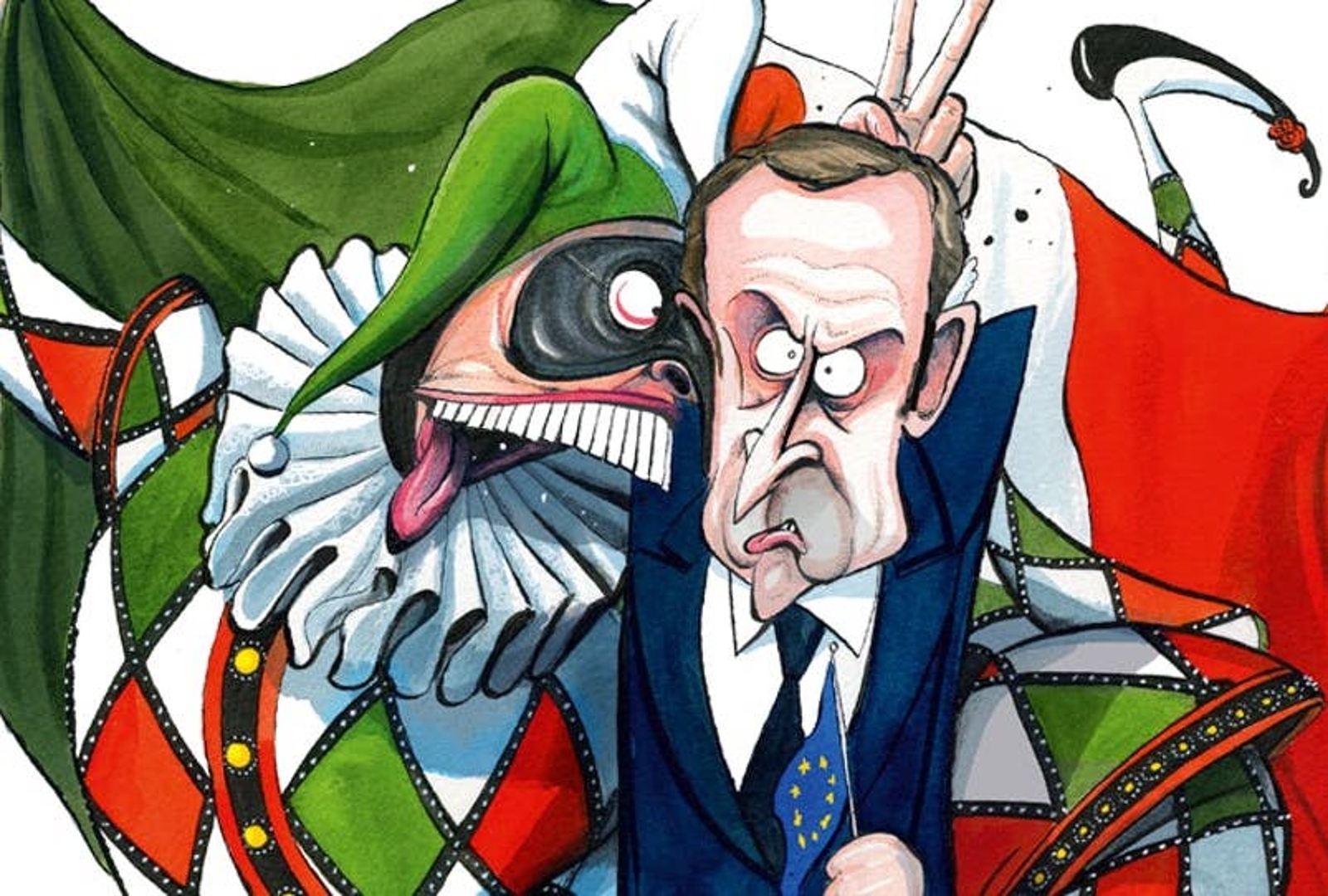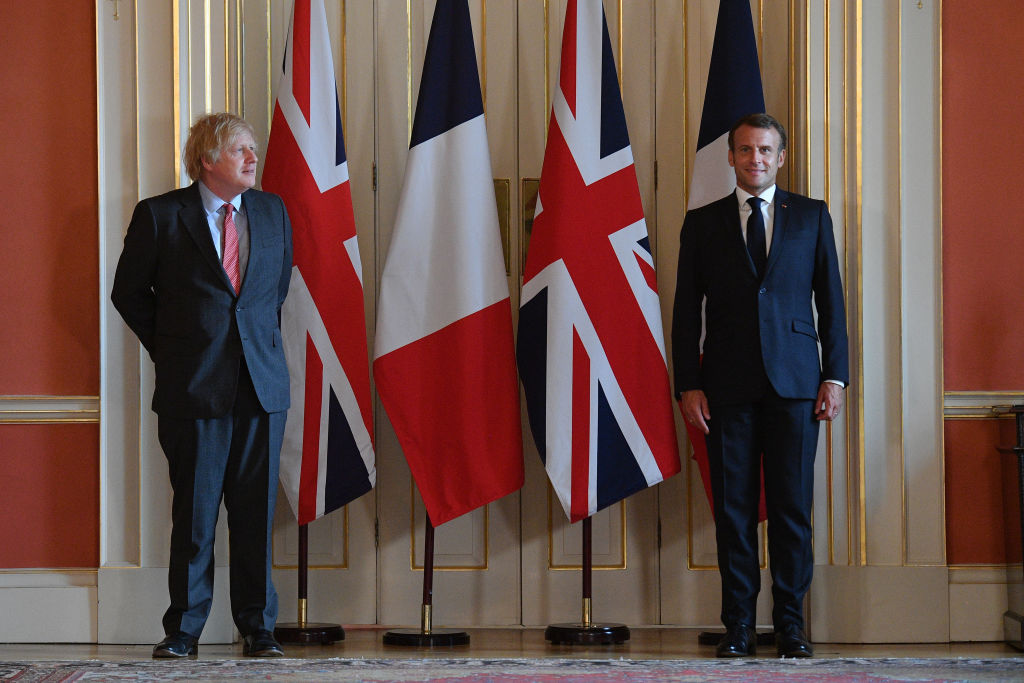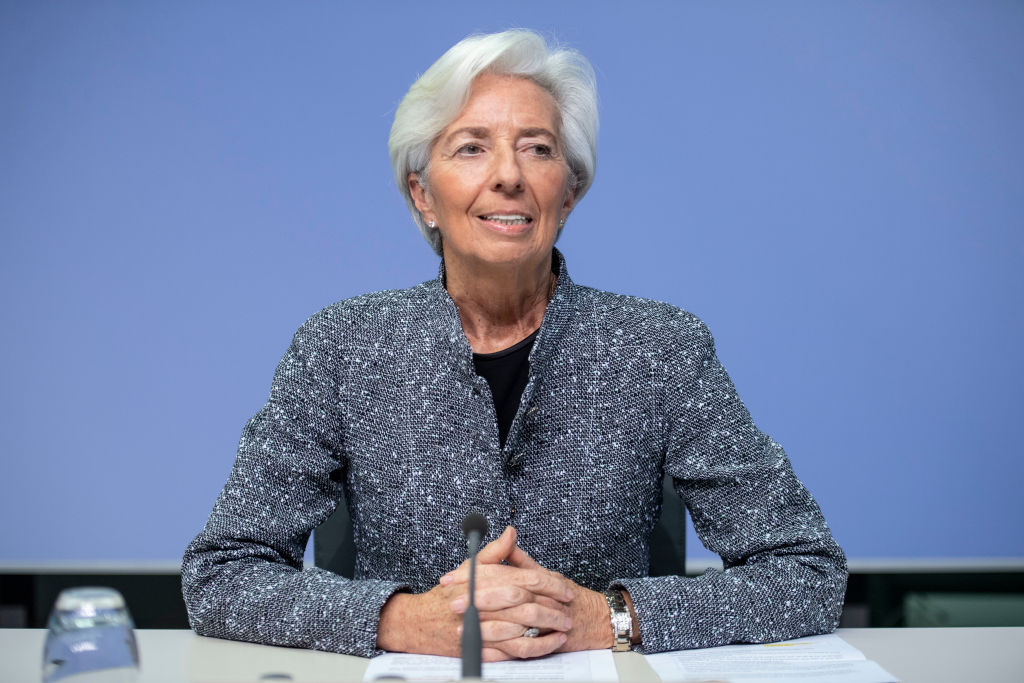Rising death rates. Economies closing down. People forced to stay at home. The coronavirus is a health, social and economic emergency for every country where it hits. But in Europe it has also mutated very quickly into something else as well, and which, while it may not be quite so threatening in the short-term, could well do even more damage in the years ahead. A currency crisis.
Over the last couple of weeks the eurozone has been engulfed by a furious argument over ‘coronabonds’ — a joint eurozone financial instrument that could raise money to help deal with the crisis. The highly-indebted Southern economies, along with France, are in favor. Predictably, Germany and the Netherlands are against.
You can argue about the rights and wrongs of that proposal. A ‘coronabond’ would make it a lot easier for countries such as Italy and Spain, where the virus has hit with ferocious intensity, to raise money both to pay for medical care and to help their economies to survive. It would ease the pressure on the European Central Bank to keep their banks and bond markets afloat. Against that, of course, it would pool debts, and make every nation in the zone responsible for the spending of a few profligate members. You can argue it both ways.
But there is a bigger problem. In truth, the eurozone has not got itself a position where every crisis quickly turns into a currency crisis. Other countries can print their own money in a crisis. In the UK, we are doing that on an epic scale, and so are the United States and Japan. Over the medium term there may well be a price to be paid for that, either with higher inflation or a devaluation of the currency, or some combination of the two. But we, like every country with its own money, can control the process and make our own decisions.
None of the eurozone countries have that flexibility. Sure, Germany can borrow more because it has been so frugal in the past, and has wracked up huge trade surpluses at the expense of its neighbors. But most of the counties in the eurozone can’t. The result? As soon as there is a huge external event — such as this one — they all start arguing about how to pay for it.
That has two consequences, neither of them good. Across the eurozone, the response is always far slower than it should be. Relatively solvent countries such as Germany and France have been able to launch generous packages of help for companies and workers very similar to the schemes in Britain.
But Italy and Spain have been able to do very little. The impact on their economies once the virus is under control is unimaginable right now. Even worse, every time it happens, it becomes more and more clear how dysfunctional the single currency has become. Disasters will strike from time to time because that is the way the world works. But for the eurozone every catastrophe is also very quickly a currency crisis — and that only makes each one worse.
This article was originally published onThe Spectator’s UK website.



